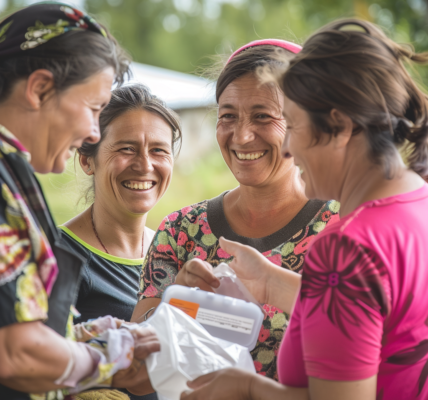Study Reveals Link Between Socio-Economic Status and Genetic Predisposition to Cancer and Other Diseases
A recent study conducted at the University of Helsinki in Finland has shed light on the correlation between socio-economic status (SES) and genetic predisposition to certain diseases, including cancer. The research revealed that individuals with higher socio-economic status are at a greater genetic risk of developing breast, prostate, and other types of cancer.
Conversely, the study found that individuals with lower SES are more genetically susceptible to conditions such as diabetes, arthritis, depression, alcoholism, and lung cancer. Dr. Fiona Hagenbeek, the lead researcher at the university’s Institute for Molecular Medicine Finland (FIMM), highlighted the potential implications of these findings on disease screening protocols.
The study, which analyzed data from approximately 280,000 Finnish individuals aged 35 to 80, marks a significant step in understanding the impact of genetic factors on disease risk. Dr. Hagenbeek emphasized the importance of considering socio-economic background when incorporating genetic information into healthcare.
These findings could lead to the development of more tailored screening protocols for diseases like breast cancer, ensuring that individuals with a high genetic risk receive appropriate screening at an earlier stage. By integrating polygenic risk scores into screening procedures, healthcare providers may be able to enhance disease detection and prevention strategies.
While previous studies have hinted at variations in disease risk based on genetic factors, this study stands out for its comprehensive analysis of 19 common diseases prevalent in high-income countries. Dr. Hagenbeek’s team’s research provides valuable insights into the complex interplay between genetics, socio-economic status, and disease susceptibility.





